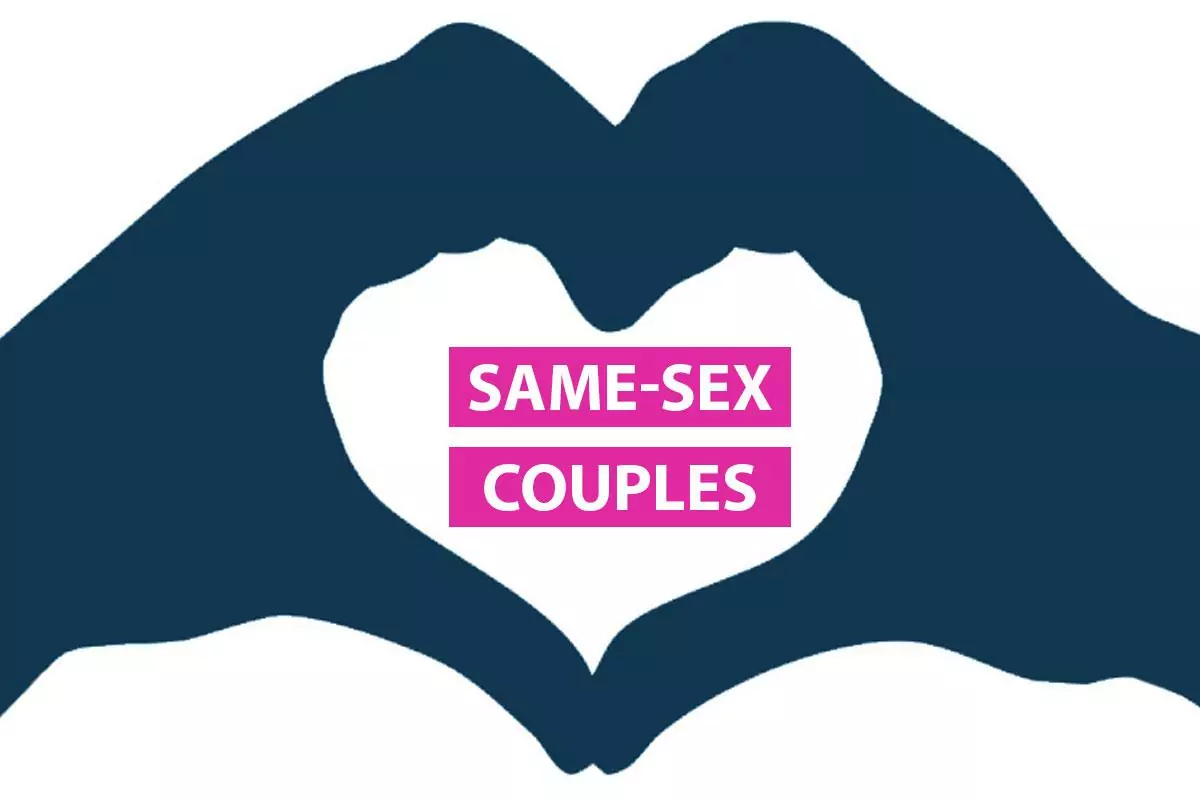As we celebrate pride week this week, it is important to cast an eye over the development of the recognition of parental rights for same-sex couples in Ireland over the last number of decades and to the difficulty which many same-sex couples continue to face in Ireland today. In doing so, this short piece will consider how a lack of legislation and regulation is leaving perspective same-sex parents in a precarious position legally as they fight for recognition of their parentage over children who in many circumstances, will otherwise be considered strangers in law to themselves.
On Friday the 22nd of May 2015, the country of Ireland cast their votes on the Marriage Equality Referendum. The referendum passed by 62% as Ireland became the first country in the world to legalise same-sex marriage by popular vote. This result was heralded as a marker for social change in Ireland towards equality and stepping away from the conservative Ireland of old. It also prompted a series of legislative developments as the legislature sought to introduce legislation to provide a framework within which the equality provisions of the constitution would be given effect. The Marriage Act was commenced in November of the same year, making marriage between same-sex couples legal in this country for the first time.
The legislative recognition of same-sex parents slowly followed marriage. The Children and Family Relationship Act was passed in 2015 and is viewed as an important piece of legislation in terms of recognising the rights of same-sex couples as parents. The act formalised a number of guardianship issues and extended marital rights to same-sex couples. The act also included the right to apply for guardianship to non-biological parents in certain relationships.
Parts 2 and 3 of the 2015 Act were commenced in May of last year, some five years after the commencement of the 2015 act. Parts 2 and 3 consider the position of parents born through Assisted Human Reproduction. These parts provide a legal framework for the registration of the birth of children born through Assisted Human Reproduction, as well as a number of safeguards in terms of record-keeping. The Civil Registration Act of 2019 also provided a framework for the registration of same-sex female couples as parents of a child born through donor conception may have brought an element of clarity as some same-sex female couples could at this point be registered on their child’s birth certs.
The 2015 Act can undoubtedly be viewed as a positive step for perspective same-sex couples looking to conceive biological children. However, these changes only affect a very particular cohort of LGBT families, as the remainder continue as strangers in law their children. Most notably omitting couples composed of two male parents, those who have used a known donor, those who have used reciprocal IVF and those who have used surrogacy.
Currently, surrogacy in Ireland operates in somewhat of a ‘grey zone’ where it is unregulated an ad hoc procedures and practises have been developed to bring some clarity to the situation. The only case to the brought to the Irish Courts on the matter was of MR v DR in which Judge Adrian Hardiman remarked that Irish law on surrogacy was as if the Road Traffic Act didn’t reflect the invention of the motor car, as solicitors are forced to weld parental rights in surrogacy into pre-existing laws. Currently, genetic fathers whose children are conceived through surrogacy can apply for parentage and then guardianship. However, Dr. Mulligan of Trinity College Dublin speaking to the Irish Times notes that the same is not true for genetic mothers who carry the chid who have no way of becoming a legal parent. In such cases, the mother is a stranger in law to her child. [1]
A General Scheme of the Assisted Human Reproduction Bill was published in 2017 and was followed by public consultation and a report in July 2019. It is anticipated that if passed, the act will cover more ground in terms of providing a legislative framework governing and regulating Assisted Human Reproduction, including inter alia surrogacy in Ireland. This General Scheme, once finalised, will deal with issues such as the ‘minimum requirements to be a surrogate, the legal status of all involved, the regulation of any financial aspect of the surrogacy arrangement and the process of consent’[2]. As the document has not been finalised, it is not yet clear what elements will become law.
Despite protections afforded in the Children and Family Relationship Act 2015. Unfortunately, with Ireland’s current legislative limitations Irish citizens are forced to seek surrogacy services in the United Kingdom, Ukraine or the US and are left in the dark legally in terms of their rights over their child.[3] This piece does not necessarily advocate for a more liberal approach to legislating Assisted Human Reproduction. It does, however, emphasise the difficult and precarious position the lack of regulation and legislation in Ireland is leaving many same-sex couples in who do not fall within the narrowly prescribed legislative provisions.
[1] Irish Times
[2] Citizens Information, Surrogacy in Ireland
[3] A snapshot outlook on surrogacy in Ireland with a comparative look and International practises – Irish Judicial Studies Journal
Get in touch
Leaders in our field and winners at the Irish Law awards we have proven expertise in immigration and international law, child and family law and personal injury litigation.
Tel: +353 1 679 0780
Email: info@kodlyons.ie








